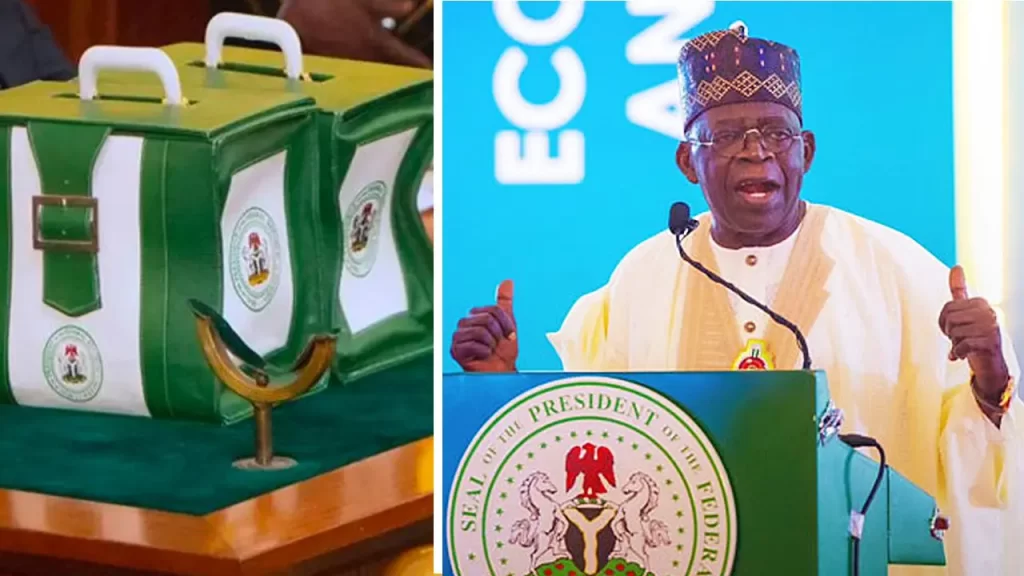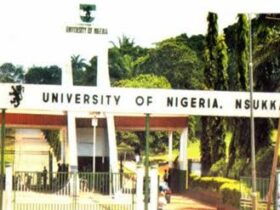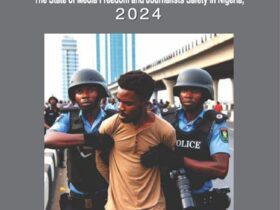
The recent findings from the Open Budget Survey (OBS) highlight Nigeria’s position as 92nd among 125 nations in terms of budget transparency.
The report underscores that Nigeria continues to withhold crucial information and evaluations from its populace.
Scoring 31 out of 100, Nigeria falls below the desired threshold in transparency, as outlined by OBS, which suggests that a score of 61 or above typically indicates sufficient disclosure to keep the public well-informed about the annual budget’s contents.
A key concern highlighted by OBS is Nigeria’s deficiency in the comprehensiveness of its executive budget proposal.
The document, crucial for understanding the nation’s fiscal status, should elucidate revenue sources, ministry allocations, and other pertinent financial data.
To address these shortcomings, OBS provides several recommendations for Nigeria’s government.
Firstly, it suggests that the auditor-general adhere to international standards by auditing the federation’s accounts and presenting findings to the National Assembly within 180 days following the fiscal year’s conclusion.
Notably, Nigeria published its 2020 audit report in January 2024, underscoring the need for timelier reporting.
Furthermore, OBS advocates for the prompt online publication of in-year reports, mid-year reviews, and audit reports.
Specifically, it urges the Ministry of Finance, Budget, and National Budget Planning to release mid-year reviews within three months of the fiscal year’s end.
Also, OBS recommends the publication of the government’s financial and non-financial assets, alongside an analysis of the impact of macroeconomic assumptions on expenditure, revenue, and debt estimates.
These measures, if implemented, could significantly enhance Nigeria’s rankings and foster greater transparency in its budgetary processes.
The International Budget Partnership emphasized the significant ramifications of government budget decisions, encompassing tax policies, service provisions, and debt management, which directly impact all members of society.
It underscored the importance of governmental transparency and public participation in such decisions to ensure that public funds are allocated in the best interest of the public.
However, according to a report, Nigeria’s legislative and supreme audit institutions collectively scored 61 out of 100 in terms of oversight during the budgetary process.
While the National Assembly offers reasonable oversight during the budget planning phase, its scrutiny weakens during implementation.
The report recommended several measures to bolster oversight, including scrutinizing executive budget proposals and publishing analyses online, monitoring in-year budget execution and disclosing findings online, ensuring legislative consultation prior to executive expenditure of unforeseen revenue or budget reductions due to revenue shortfalls, and examining audit reports and sharing findings online.
Furthermore, to enhance the independence and efficacy of audit oversight by the Office of the Auditor-General for the Federation, the report stressed the necessity for adequate funding, determined by an independent body such as the legislature or judiciary, and advocated for an independent agency to review audit procedures.
(PeoplesGazatte)
Follow the Parallel Facts channel on WhatsApp: https://whatsapp.com/channel/0029VaCQSAoHgZWiDjR3Kn2E








Leave a Reply